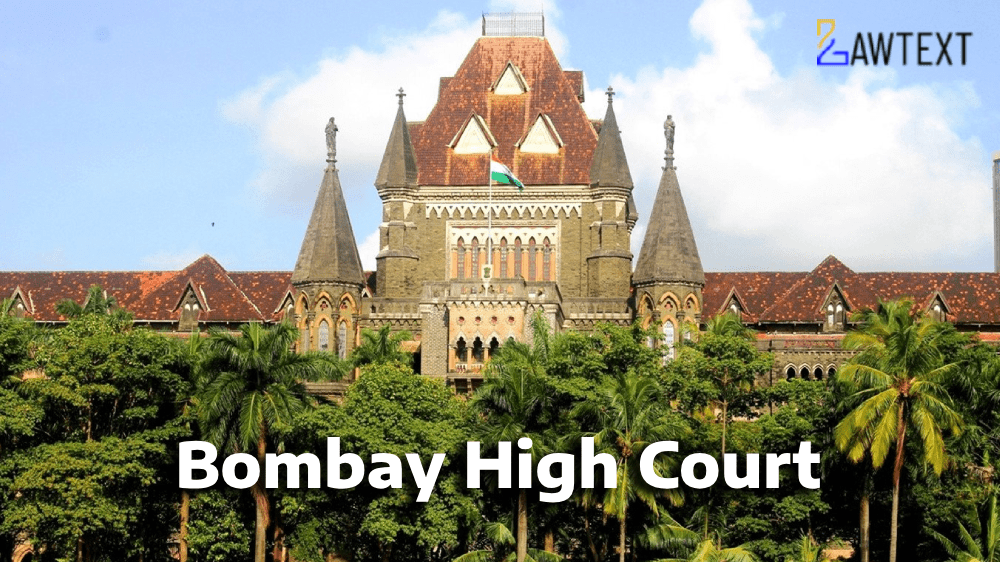Refusal of Registration of Deed of Conveyance Challenged. Bombay High Court Deliberates on the Timelines and Stamping Requirements under the Registration Act and Stamp Act.

CASE NOTE & SUMMARY
In a writ petition filed under Article 226 of the Constitution of India, the petitioner challenges the legality of an order dated 27.03.2024, issued by the Joint Sub-Registrar, Kurla-4, Mumbai, which refused the registration of a Deed of Conveyance executed on 06.10.2015. The petitioner's argument revolves around the delayed adjudication of stamp duty and subsequent compliance with the Amnesty Scheme. The court deliberated on Sections 23 and 25 of the Registration Act, 1908, and relevant provisions of the Maharashtra Stamp Act, 1958, to determine whether the delay in registration due to stamp duty adjudication could be condoned.
1. Introduction
- Background: The petitioner challenges the refusal of registration for a Deed of Conveyance executed on 06.10.2015. The refusal was based on the delay in presenting the deed for registration as stipulated under the Registration Act, 1908.
2. Petitioner’s Argument
- Adjudication of Stamp Duty: The petitioner presented the agreement to the Stamp Duty Authorities on 10.12.2015. The adjudication was completed on 05.01.2024, with the order served on 05.02.2024.
- Amnesty Scheme Participation: The petitioner paid the full stamp duty under the Amnesty Scheme on 04.03.2024 and requested registration on 20.03.2024. However, the request was refused on the grounds that the document was not presented within the required time frame.
- Reliance on Precedent: The petitioner relied on the Division Bench Judgment in Nestor Builders & Developers (P) Ltd. v. State of Maharashtra, arguing that the time taken for adjudication should be excluded from the registration period.
3. Respondent’s Argument
- Strict Interpretation of Sections 23 and 25: The respondents argued that the deed should have been presented for registration within 4 months of its execution, with an additional 4 months allowed with a penalty. Since the deed was not presented within this extended period, it could not be registered.
- Requirement for Duly Stamped Document: The respondents emphasized that the document must be duly stamped before it can be registered, as per the provisions of the Maharashtra Stamp Act, 1958.
4. Court's Analysis
- Examination of Relevant Provisions: The court examined Sections 23 and 25 of the Registration Act, which prescribe the timelines for presenting documents for registration. The court also considered the relevant provisions of the Maharashtra Stamp Act, which mandate that a document must be duly stamped before it can be registered.
- Exclusion of Adjudication Period: The court evaluated whether the period taken for the adjudication of stamp duty should be excluded from the registration timeline.
5. Conclusion
- Refusal of Registration Upheld: The court upheld the refusal of registration, holding that the deed was not presented within the statutory period allowed under the Registration Act, even after considering the period taken for adjudication. The court reiterated that compliance with the Registration Act and the Stamp Act is essential for the validity of document registration.
ISSUE OF CONSIDERATION
V. H. Property Solution LLP Versus The State of Maharashtra & Ors.
Citation: 2024 LawText (BOM) (8) 208
Case Number: WRIT PETITION (L) NO. 15544 OF 2024
Date of Decision: 2024-08-20
Case Title: V. H. Property Solution LLP Versus The State of Maharashtra & Ors.
Before Judge: MADHAV J. JAMDAR, J.
Advocate(s): Mr. Naresh Jain a/w. Ms. Neha Anchlia, Advocate, for the Petitioner. Ms. Prachi Tatake, Addl. GP, for the Respondents−State.
Appellant: V. H. Property Solution LLP
Respondent: The State of Maharashtra & Ors.

